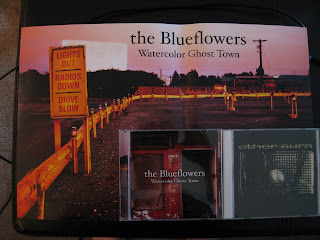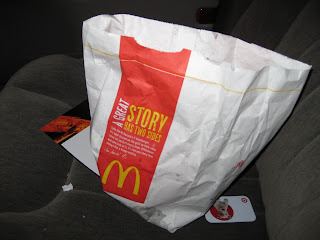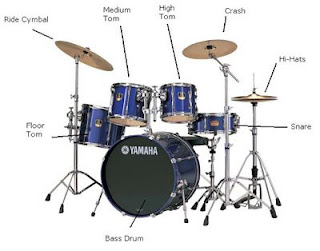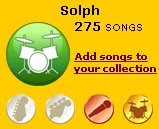Picture post today! Click on pictures to see the full-size version.
I ended up going to a show on Saturday. One of Erica's bands by the name of The Blueflowers (formerly Ether Aura) had a CD release party - they had two bands open for them then played a bunch of songs from their new CD. The CD is called Watercolor Ghost Town.
I met Erica at her house so we could meet up with her friend Erin and head to the show (since I had no idea where it was). When we hit the road, the conditions were not so great. My poor car is below:
Erica (on the right) getting ready for her show, along with Erin (on the left). If you look closely you can see the Blueflowers' lead singer Kate in the background:
This is the stage at The Belmont in Hamtramck, where the show was - if you click on the picture you can see that the first band is chatting on-stage and getting ready to start their set (it was pretty dark in there):
 Two opening bands played - they were both pretty good. The first band didn't have a drummer though, which I can't condone. Then the Blueflowers started their set. Below is their song "The Reason", recorded by my camera:
Two opening bands played - they were both pretty good. The first band didn't have a drummer though, which I can't condone. Then the Blueflowers started their set. Below is their song "The Reason", recorded by my camera:After the Blueflowers played their show, they were handing out posters. I bought a copy of their new album (on the left) and they gave me a free Ether Aura CD (on the right) to go with it:


The time on the clock when we left the Belmont - 2:35 in the AM.
We made a quick stop at Mickey D's on the way back to Erin's place. After all, it had been ~7 hours since I last ate.
 The time on the clock when I finally got home - 3:18. I really wasn't that tired for some reason, but I went to bed anyways:
The time on the clock when I finally got home - 3:18. I really wasn't that tired for some reason, but I went to bed anyways:Quite an eventful night. I hope I have more chances to do this kind of thing!













